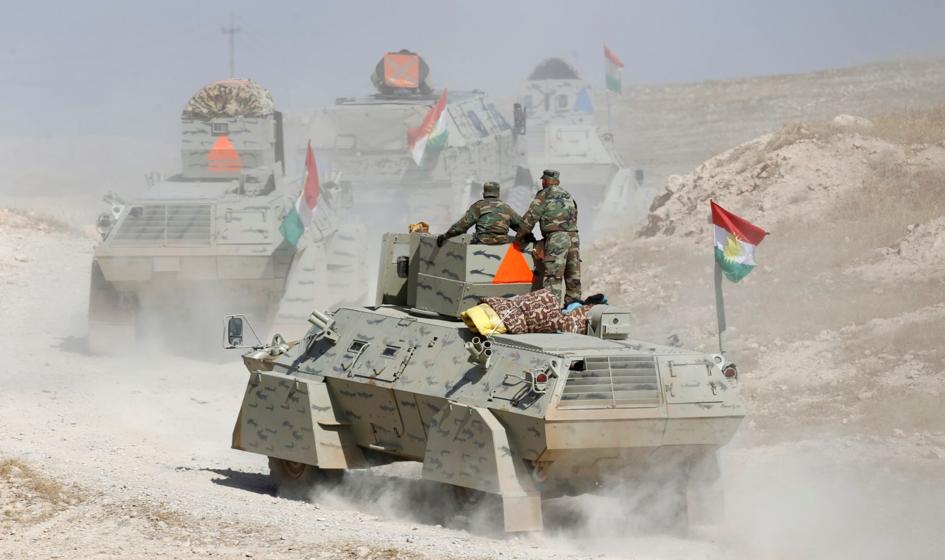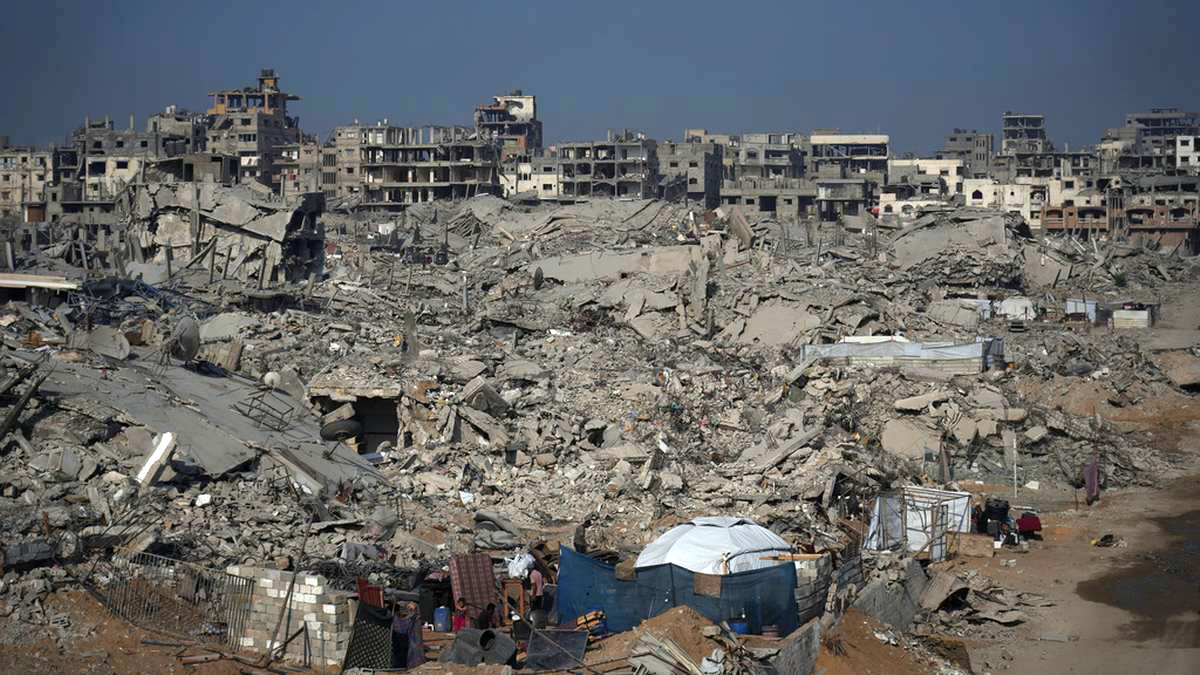Marcel Rutkowski prepared
On 20 November, a conference took place at Staszica Palace in Warsaw "25 Years of Poland in NATO—Past, Present and Future Commission of Poland", organized by the Institute of fresh Europe from NATO Public Diplomacy Division.
25 years have passed since the North Atlantic Alliance was extended to include the states of the erstwhile Warsaw Pact – Poland, the Czech Republic and Hungary. The past 4th of a century is simply a time of many changes: fresh threats on the global stage, the ever-increasing tension, as well as the dynamic improvement of the associate States and the effort to overthrow the planet order, have contributed to an in-depth reflection on Poland's current function in the Alliance and the opportunities facing our country in the future.
We would like to thank the Forum of Young Diplomats, chance Institute for abroad Affairs and the Kazimierz Pulaski Foundation for taking our conference under the patronage. We besides thank all speakers for conducting the discussion and the guests for coming.
The event was composed of 2 thematic panels: military and political. First panel – The Armed Forces of Poland – the road to NATO, evolution and future function in the Alliance, with the participation of the General of Arms (in st. spocz.) Dr. Andrzej Fałkowski, General (in st. spocz.) Jerzy Gut, Krzysztof Wojczal, Colonel of the dir. Maciej Korowaj and Mikołaj Teperek in the function of moderator of both panels.
The intent of the conversation was to outline the road that the Polish army had been through since the 1990s – changes and modernizations that had to be introduced in order to get operational and interoperable capabilities at the level of another allied armies. In this context, the experience gained during abroad missions to Afghanistan, Kosovo and Iraq, as well as Poland's current position in the North Atlantic Alliance as part of the east flank, was discussed. Another part of the discussion was the search for answers to the question of the future of the Polish army in the face of the unstable geopolitical situation and the war at the east borders, as well as the challenges associated with the modernisation of the Polish arms industry.
Poland has undergone a long transition: simplification in military numbers, accession to the Partnership for Peace (1994) and modernisation of the armed forces have made it possible to adapt to NATO standards. Missions in Iraq and Afghanistan have increased the experience of combat, especially in peculiar troops, which have become a Polish specialization in the Alliance. Investments in modern equipment (F-35, FA-50, tanks) require effective training and improvement of logistics. Poland must prioritise defence spending, make deterrence capacity and internationalise the forces stationed in its territory. Infrastructure protection and public preparedness for various war scenarios stay crucial in the face of increasing geopolitical threats.
The panel participants stressed that the key challenges facing Poland are mainly the modernization of equipment, logistics and the improvement of fresh defence technologies. According to the evaluation, Poland must besides make its deterrence capacity, especially in the context of threats from Russia and another countries.
From the position of long-term challenges, experts pointed to the request to adapt to a changing safety environment, taking into account demographic challenges and rising debt. Education and social preparation were besides an crucial issue, especially in the context of the hybrid and cognitive war, in which Poland and NATO must make a fresh approach to defence.
It was stressed that Poland should aim to further make its arms manufacture as it is incapable to trust solely on external supplies. In the context of the implementation of modernisation programmes specified as the Vistula, logistical challenges have been highlighted, including the request to adapt to fresh types of weapons and problems related to home production.
Second panel – Poland in NATO, NATO in Poland – how did the Alliance's membership change Poland's global position and what challenges face it in the context of the threat of war?, with the participation of prof. Agnieszka Legucka, Dr Mihai Sebe, Dr Wojciech Lorenz, Dr Jack Raubo and Mikołaj Teperek.
The intent of the panel was to outline the change in Poland's position on the global phase in relation to membership in NATO and to analyse how Poland's presence in the Alliance influenced transatlantic relations and with another countries of the region. The threats and opportunities facing Poland in the context of the ongoing war in Ukraine and possible conflict with the Russian Federation were besides discussed.
Poland's accession to NATO was a key diplomatic success, requiring economical reforms, strategical political decisions and an effective convincing US to grow the Alliance. The geopolitical position and determination of Poland made it the leader of the east flank of NATO. "This is simply a immense success that has been successfully exploited," said Dr Wojciech Lorenz.
Currently Poland spends 4.7% of GDP on defence, making it a leader in military spending in the region. As Dr. Jacek Raubo noted, these measures are essential to meet conventional threats, invest in fresh technologies and modernise existing equipment. Attention was besides paid to the existence of interior NATO alliances including the format Romania – Poland – Turkey or Romania – Spain – Poland. Including the function of Poland as an interconetcora between flanks.
The key challenge is to deter Russia and prepare for fresh threats. Poland must simultaneously strengthen national defence capabilities and take care of collective defence within NATO. The conflict in Ukraine will find whether deterrence will be effective or Russia will take action against the Alliance.
Transatlantic relations with the US are the foundation of the safety of Poland and NATO. "We can't require America's attitude from decades ago," noted Dr. Raubo, pointing out the request to adapt to Washington's global challenges and priorities. In this context Poland, building its own defence capabilities, besides strengthens cohesion within the Transatlantic Alliance.
NATO faces the challenge of adapting its actions to a changing geopolitical situation, avoiding regionalisation of defence. Poland, developing cooperation and upgrading its armed forces, plays a key function in the safety of the region and the future of the Alliance.









